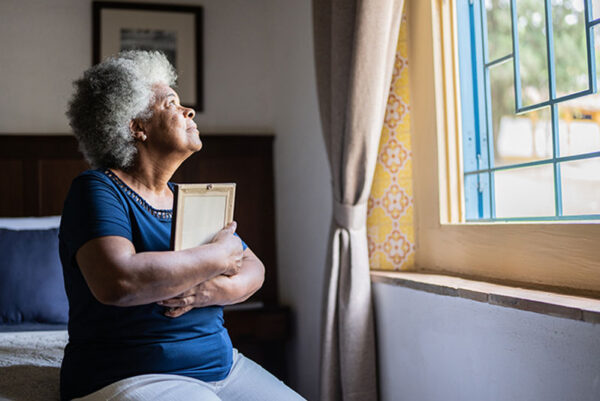Finding Privacy as a Caregiver
Think back on your teen years. Remember how important it was to locate a safe spot to be by yourself, to shut out the world, turn the music up, and record your most secret thoughts in your diary? The need for privacy that began then can become overshadowed when providing care for someone else. Yet…





